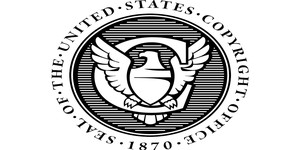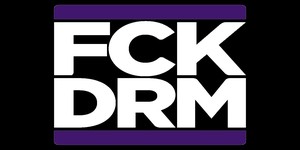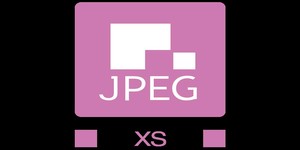
The Joint Photographic Expert Group (JPEG) has announced that it is looking to add digital rights management (DRM) technology to the ubiquitous image format which shares its name.
The JPEG image format, a lossy compressed format which can be decoded at high-speed on any modern hardware and which offers considerable storage savings compared with lossless and rival lossy compressed formats for a roughly equivalent visual quality, is everywhere. While rival formats such as GIF and PNG, which allow for transparency and animation, have caught on for selected image types, when you want to put a photograph or other complex colour image on the internet you almost certainly use JPEG.
A successor format, JPEG 2000, offered a number of improvements in functionality, the most controversial of which was embedded digital rights management (DRM) technology which would prevent copying or display of copied images. This, among other changes and licensing issues, led to JPEG 2000 being largely ignored outside the professional imaging industries - but the same controversial DRM may be coming to the original JPEG format in the near future.
A new activity group within JPEG, titled JPEG Privacy and Security, has been formed with the aim of 'developing a standard for realising secure image information sharing, capable of ensuring privacy, maintaining data integrity, and protecting intellectual property rights.' This would take the form of back-porting the DRM developed for JPEG 2000 and integrating it into JPEG, 'to provide technical solutions for resolving privacy and security issues.'
Pro-sharing rights groups are, naturally, unimpressed. 'We encourage the JPEG committee to continue work on an open standards based Public Key Infrastructure (PKI) architecture for JPEG images that could meet some of the legitimate use cases for improved privacy and security, in an open, backwards-compatible way,' the Electronic Frontier Foundation's Jeremey Malcolm claimed in a response published today. 'However, we warn against any attempt to use the file format itself to enforce the privacy or security restrictions that its metadata describes, by locking up the image or limiting the operations that can be performed on it.'
The JPEG committee is asking for input from interested parties via their ISO national membership groups. More information is available on the official website.
The JPEG image format, a lossy compressed format which can be decoded at high-speed on any modern hardware and which offers considerable storage savings compared with lossless and rival lossy compressed formats for a roughly equivalent visual quality, is everywhere. While rival formats such as GIF and PNG, which allow for transparency and animation, have caught on for selected image types, when you want to put a photograph or other complex colour image on the internet you almost certainly use JPEG.
A successor format, JPEG 2000, offered a number of improvements in functionality, the most controversial of which was embedded digital rights management (DRM) technology which would prevent copying or display of copied images. This, among other changes and licensing issues, led to JPEG 2000 being largely ignored outside the professional imaging industries - but the same controversial DRM may be coming to the original JPEG format in the near future.
A new activity group within JPEG, titled JPEG Privacy and Security, has been formed with the aim of 'developing a standard for realising secure image information sharing, capable of ensuring privacy, maintaining data integrity, and protecting intellectual property rights.' This would take the form of back-porting the DRM developed for JPEG 2000 and integrating it into JPEG, 'to provide technical solutions for resolving privacy and security issues.'
Pro-sharing rights groups are, naturally, unimpressed. 'We encourage the JPEG committee to continue work on an open standards based Public Key Infrastructure (PKI) architecture for JPEG images that could meet some of the legitimate use cases for improved privacy and security, in an open, backwards-compatible way,' the Electronic Frontier Foundation's Jeremey Malcolm claimed in a response published today. 'However, we warn against any attempt to use the file format itself to enforce the privacy or security restrictions that its metadata describes, by locking up the image or limiting the operations that can be performed on it.'
The JPEG committee is asking for input from interested parties via their ISO national membership groups. More information is available on the official website.

MSI MPG Velox 100R Chassis Review
October 14 2021 | 15:04








Want to comment? Please log in.